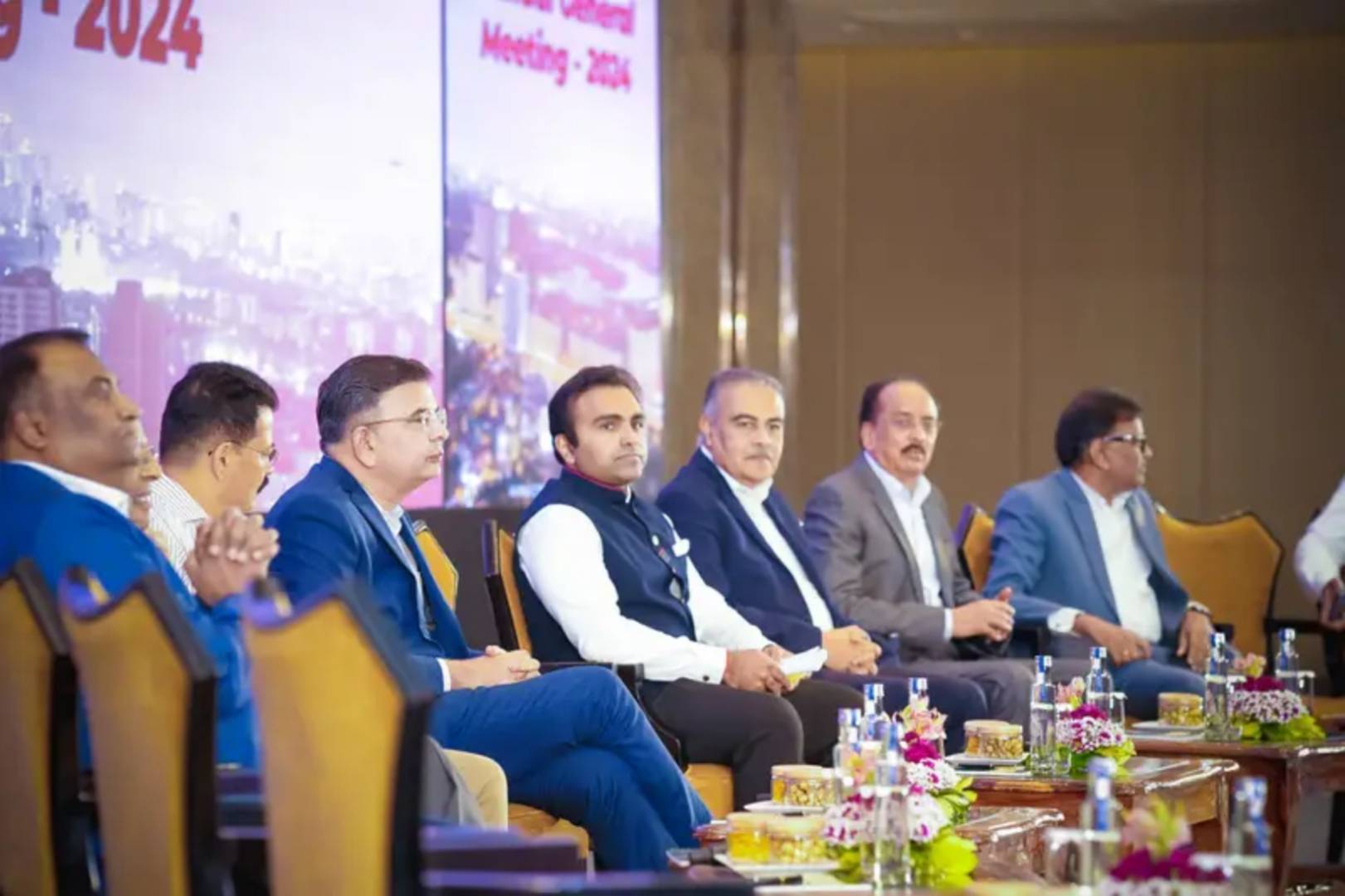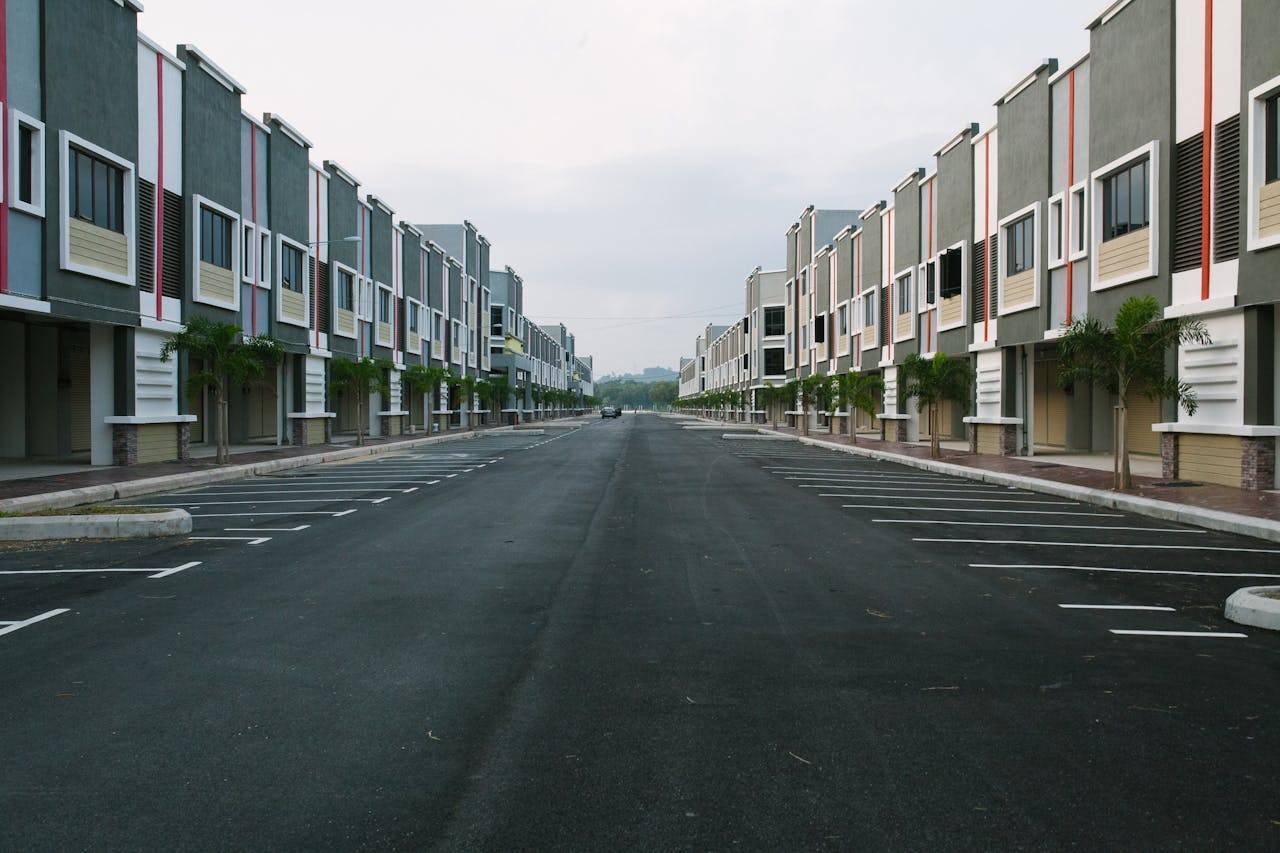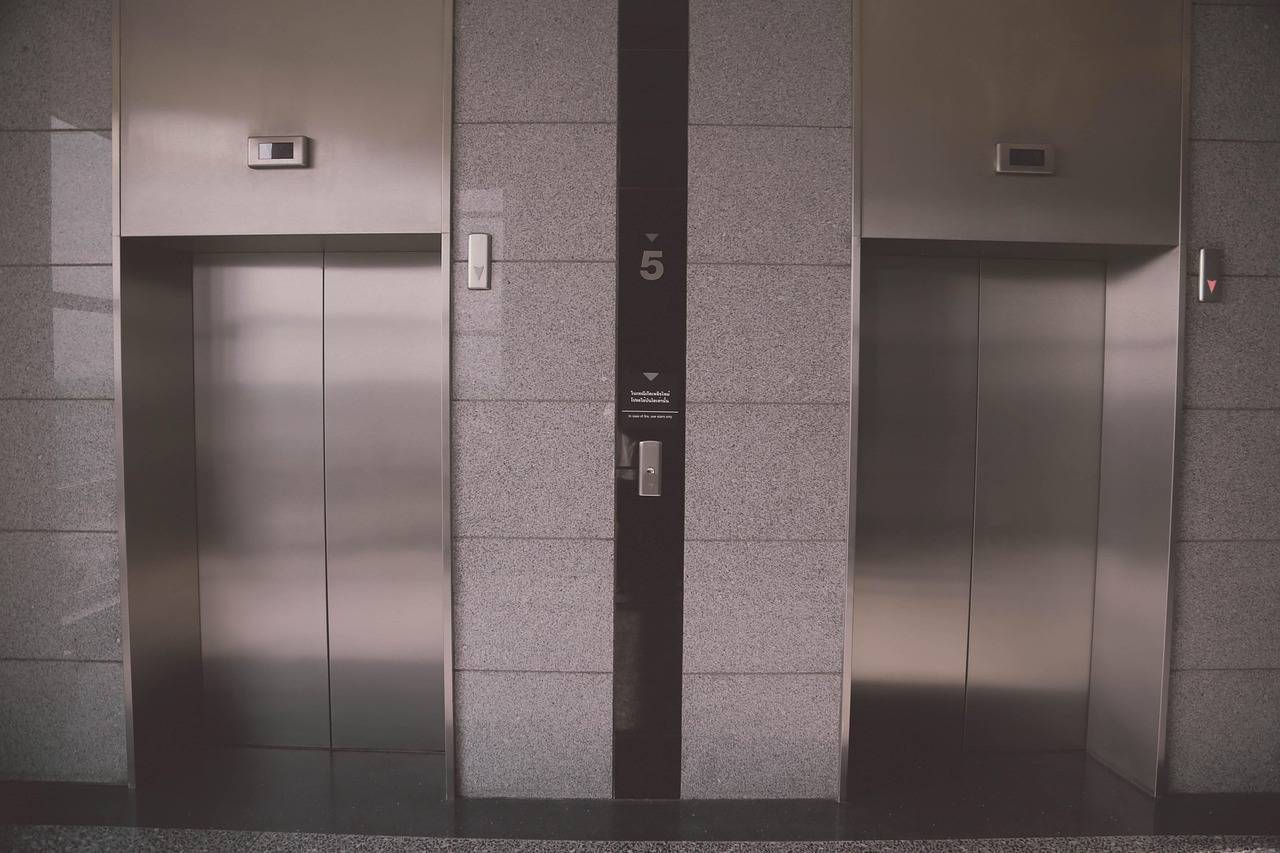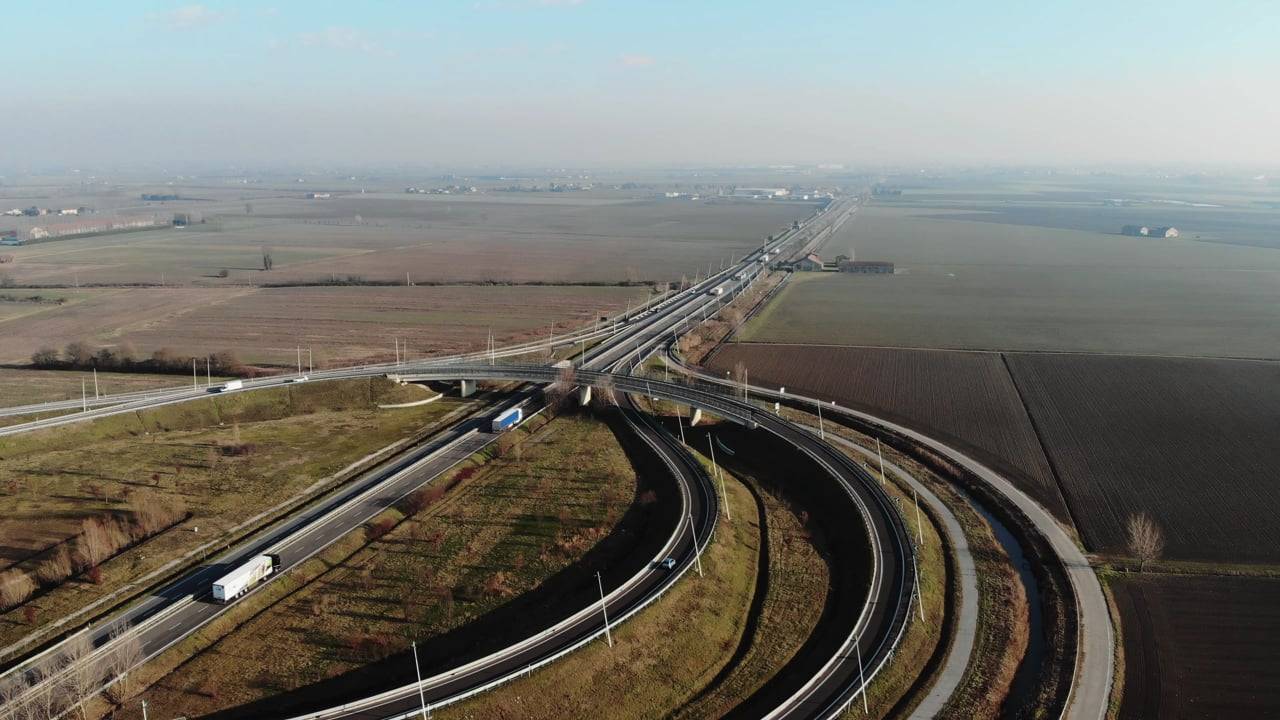CREDAI Bengaluru, the Bengaluru chapter of the Confederation of Real Estate Developers' Associations of India (CREDAI), has presented a comprehensive memorandum to the Karnataka government. The proposals aim to address inefficiencies in real estate development in the city and suggest reforms that could help developers navigate bureaucratic challenges, reduce costs, and streamline approvals.
The real estate sector in Bengaluru, often referred to as the IT capital of India, has seen rapid growth over the years, but the industry still faces several challenges that hinder its full potential. With increasing demand for housing and commercial spaces, addressing these issues is essential to maintaining the city’s position as a leading real estate market.
Key Recommendations from CREDAI Bengaluru
The memorandum outlines several critical reforms, focusing on improving efficiency, reducing delays, and cutting costs for developers and homebuyers. Some of the key recommendations include:
1. Implementation of a Single Window Clearance System
One of the central recommendations in CREDAI’s memorandum is the introduction of a single window clearance system for obtaining No Objection Certificates (NOCs). Currently, developers face a fragmented and often time-consuming process when seeking approvals from various government bodies. Each department has its own set of regulations and timelines, leading to delays in project approvals.
A single window system would consolidate all approval processes into a single interface, allowing developers to obtain necessary clearances in a more streamlined and timely manner. Such a system would significantly reduce the time spent on bureaucratic procedures and help speed up project execution.
2. Clarity on Transferable Development Rights (TDRs)
CREDAI Bengaluru has also emphasized the need for greater clarity on the use of Transferable Development Rights (TDRs). TDRs allow landowners to transfer development rights from one area to another, typically as compensation for land surrendered for public use, such as road widening or green spaces.
However, obtaining utilization certificates for TDRs is often fraught with bureaucratic hurdles, which delays their effective use. Amar Mysore, president of CREDAI Bengaluru, pointed out that the market is saturated with TDRs, but their potential is wasted due to the slow and cumbersome process of obtaining the necessary certificates. The memorandum calls for streamlining these processes to ensure TDRs can be used effectively.
3. Lower Stamp Duty Rates
Another important recommendation from CREDAI Bengaluru is the reduction of stamp duty rates for joint development agreements and mortgages of title deeds. Currently, these rates are calculated on an ad valorem basis without any cap, which makes transactions more expensive for developers and property buyers alike. Reducing stamp duty would lower transaction costs, making it more affordable to buy property and incentivizing more real estate transactions.
4. Streamlining Plan Approvals and Standardizing Zoning Regulations
CREDAI has also called for reforms to streamline the plan approval process, which is often lengthy and complicated. The current system requires approvals from multiple agencies, each with its own set of requirements and guidelines.
The memorandum also advocates for the standardization of zoning regulations across various planning authorities. Discrepancies in zoning laws between different authorities often create confusion and delays for developers. A uniform set of regulations would simplify the process and ensure consistency across the city, making it easier for developers to navigate the approval process.
5. Elimination of Redundant Procedures
CREDAI Bengaluru has proposed eliminating unnecessary procedures such as the requirement for commencement certificates. These certificates, which indicate that a project has been approved to begin construction, are seen as redundant by the developers’ association. Instead, CREDAI suggests simplifying the regulatory framework to reflect Bengaluru’s status as a modern, technology-driven city rather than an agrarian economy.
The organization also recommends revisiting buffer zone regulations, which dictate the distance that must be maintained between certain types of developments and natural features such as lakes and forests. CREDAI argues that these regulations should be updated to align with the city’s current needs and development goals.
6. Staggered Payment Scheme for Labour Cess
The memorandum proposes a staggered payment scheme for the remittance of labour cess. Since construction projects typically span several years, CREDAI suggests that labour cess payments should be distributed over the course of the project rather than being paid upfront in a lump sum. This would ease the financial burden on developers and ensure that payments align with the pace of construction.
Real Estate Outlook for Bengaluru
The real estate market in Bengaluru remains one of the strongest in the country. According to Amar Mysore, residential project launches and sales are expected to grow by 10-15% in the ongoing calendar year. Factors contributing to this growth include the expansion of infrastructure, such as the construction of new metro lines and improvements to road connectivity. These developments are expected to boost property values and enhance the quality of life in various parts of the city.
In response to a shortage of skilled contractors and labor, developers are increasingly focusing on in-house construction capabilities. They are also investing in innovative construction technologies to mitigate the impact of labor shortages while meeting the growing demand for residential and commercial properties.
Next Steps: A Follow-Up Meeting with the Government
A follow-up meeting between CREDAI Bengaluru and the Karnataka government is expected to take place in the coming weeks. According to Amar Mysore, the implementation of these reforms will require a coordinated effort between multiple government departments. While the process may take time, CREDAI remains optimistic that the proposed changes will lead to a more efficient and developer-friendly real estate environment in Bengaluru.
Image source- credaibengaluru









.png)